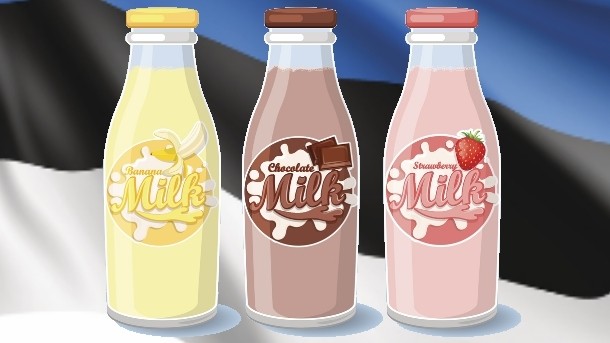Estonia sugar drink tax includes dairy and plant-based beverages

In the Government’s Sugary Drink Tax Act, drinks with a sugar content of at least 5g per 100 milliliters, or with a sweetener added, is subject to taxation. The tax rate depends on either the sugar content or the adding of sweetener.
The term “sugary drink” also covers milk-based drinks, that is, milk drinks containing sugar or sweetener. Such drinks include sweetened drinkable yogurts, kefirs and plant milks, for example, soy milk.
Applying for exemption
Permission to grant state aid for sweet milk drinks and 100% fruit and vegetable juices, due to their nutritional value, will be applied for from the European Commission, and they will not be subject to the tax if and when permission is obtained.
In order to allow time for producers to change the recipes of their products if they wish to lower the sugar content, and for consumers to become used to new taste, the Act provides for a two-year transition period for the taxation of drinks with a higher sugar content.
As of January 1, 2018, not all sugary drinks in interim warehouses will be taxed automatically.
All drinks delivered to places of sale before January 1, 2018 will be exempt from tax, in order to reduce administrative issues.
Not complete agreement
Aivar Sõerd (Reform Party), who took the floor during the debate, said there were problems relating to the Act, and stated the Reform Party Faction did not support its passage.
Monika Haukanõmm (Estonian Free Party) also stated the Act was unacceptable to their party. Heljo Pikhof (Social Democratic Party), however, expressed support to the Act.
At the vote, 52 members of the Riigikogu voted in favor of the passage of the Act and 37 were against.







